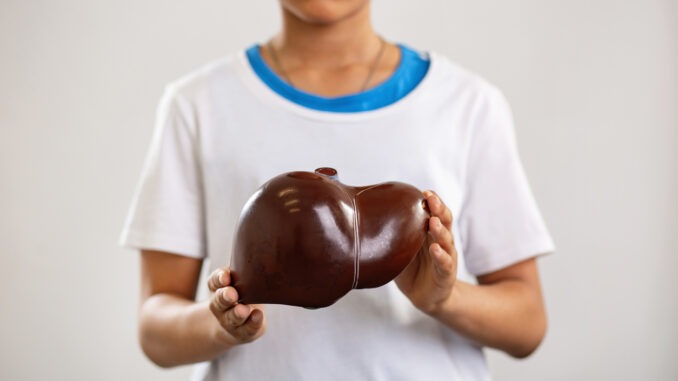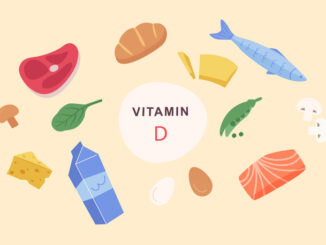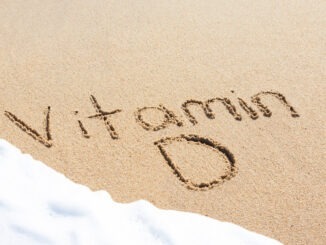
As reported by the BBC News, health authorities are investigating an apparent spike in the number of children under six with hepatitis
Hepatitis is an inflammation of the liver tissue, often caused by a viral infection or exposure to chemicals, alcohol, drugs and certain genetic disorders.
It can also be caused by an overactive immune system that attacks the liver, called autoimmune hepatitis.
Symptoms include jaundice, darker urine, itchy skin, muscle pain and a loss of appetite.
The first signs of this spike was in Scotland at the beginning of March, where 11 children aged between one and five were admitted to hospitals.
This was unusual given that normally only seven or eight cases of childhood cases of hepatitis are recorded in Scotland all year.
The UK Health Security Agency (UKHSA) has since begun an investigation.
Public Health Scotland has said it is not currently aware of any clear cause or trigger and that there is no evidence to suggest a link to the COVID vaccination.
Director of clinical and emerging infections at UKHSA, Dr Meera Chand, said: “Investigations for a wide range of potential causes are underway, including any possible links to infectious diseases.”
What symptoms to look for
Parents, GPs and other healthcare workers have been told to look out for the symptoms of jaundice, a yellow tinge to the skin and other parts of the body, most easily seen in the whites of the eyes.
Other symptoms of hepatitis in children include:
- dark urine
- pale, grey-coloured poo
- itchy skin
- muscle and joint pain
- a high temperature
- feeling and being sick
- feeling unusually tired all the time
- loss of appetite
- stomach pain



Be the first to comment